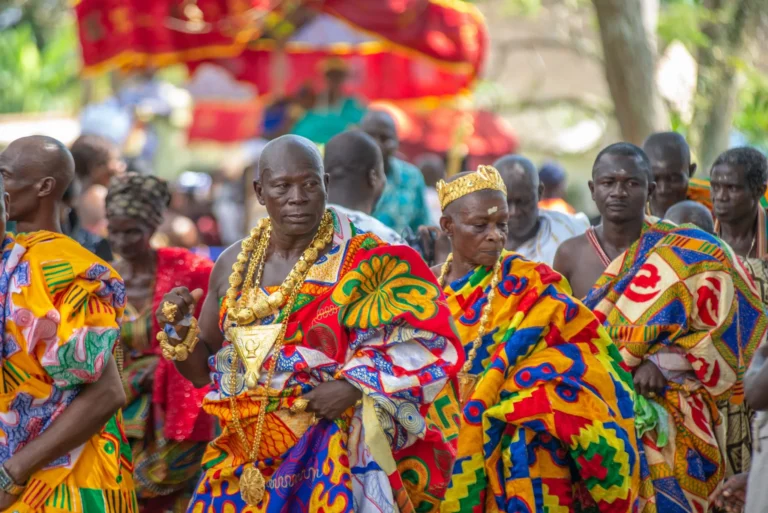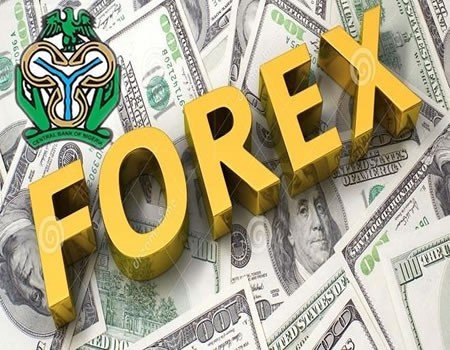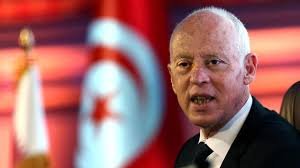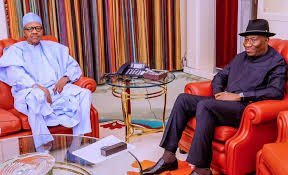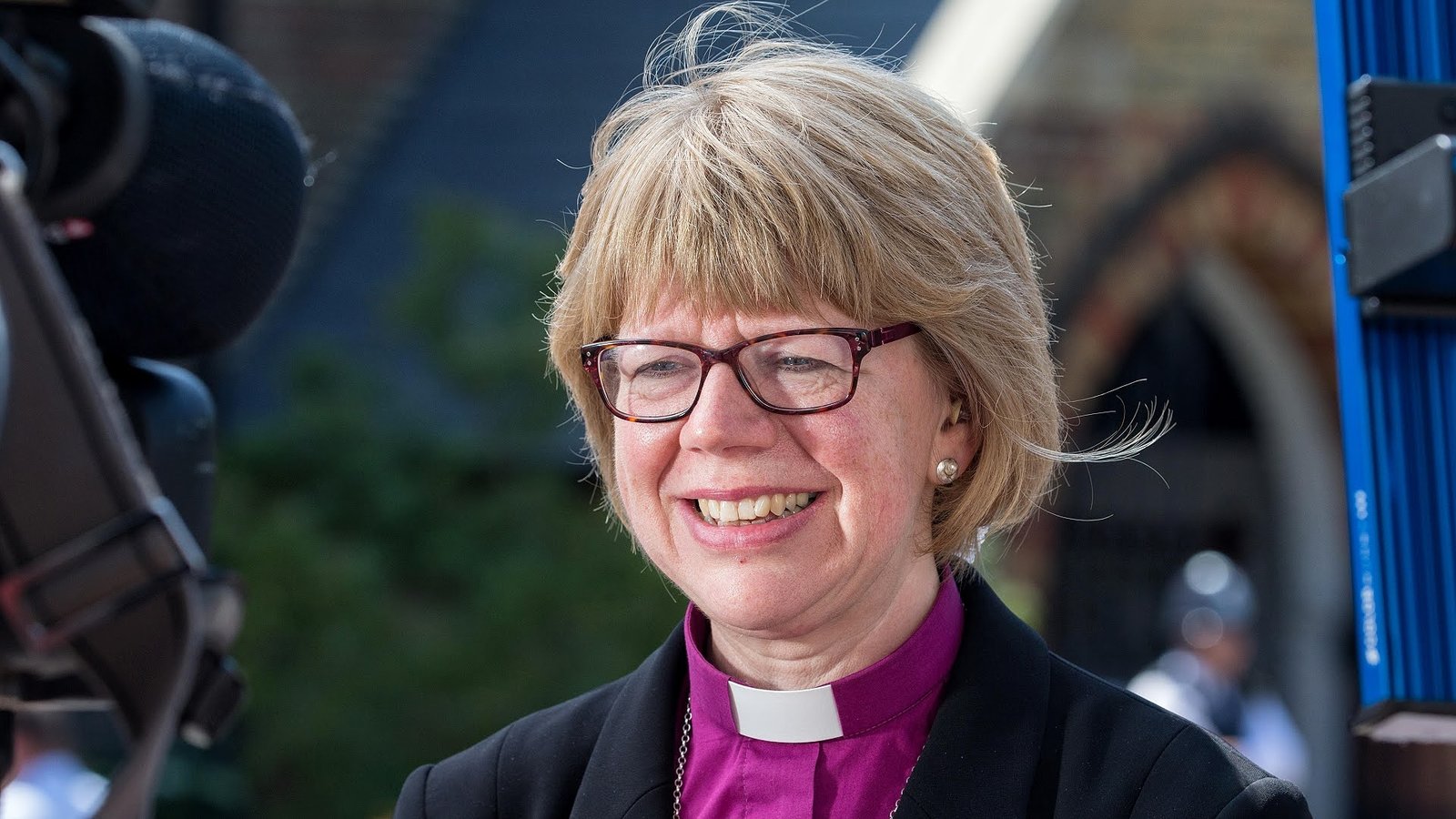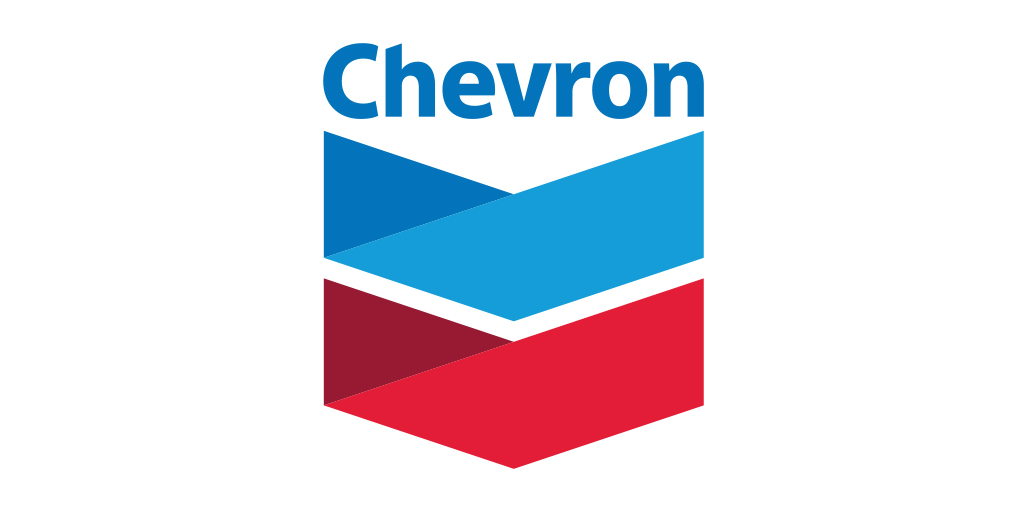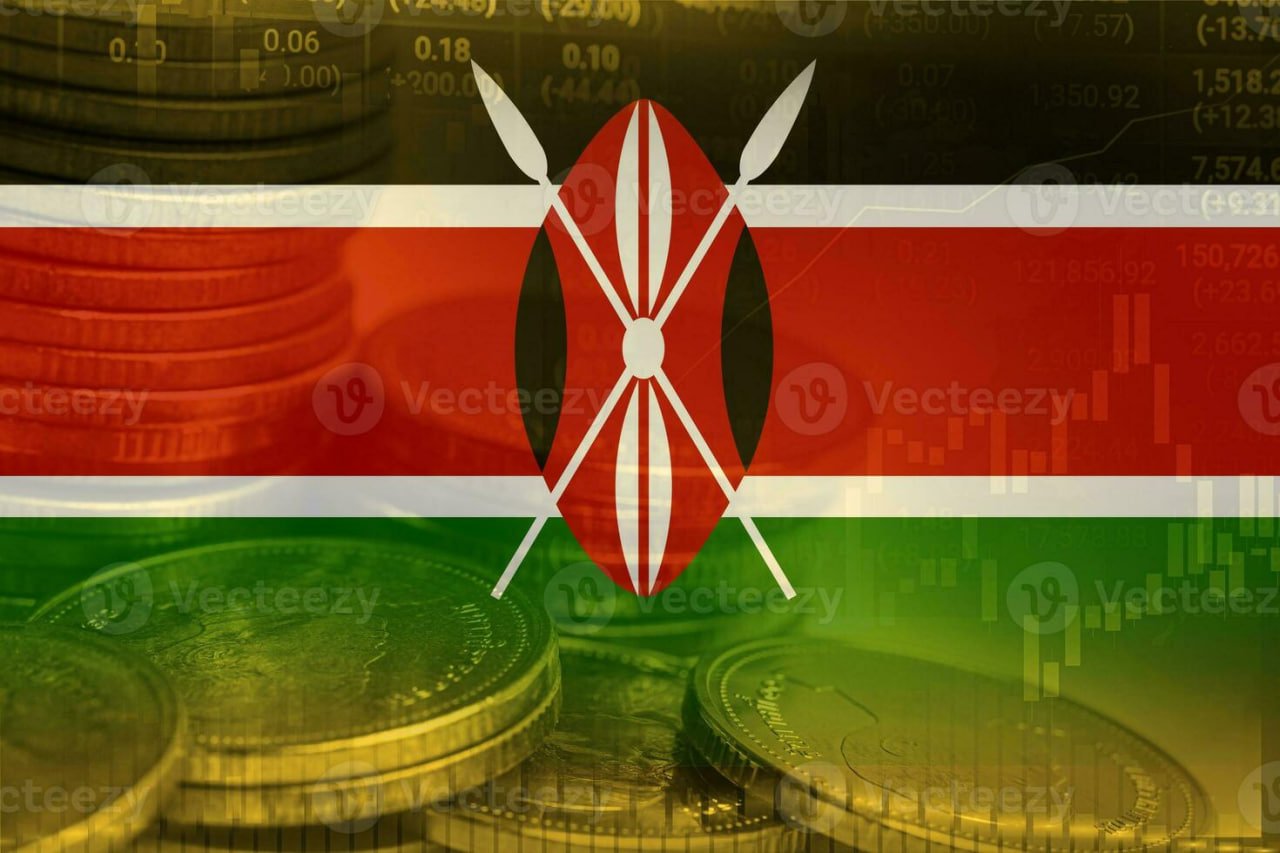As Nigeria celebrates its 65th Independence Day, signs of economic stabilization have emerged under President Bola Ahmed Tinubu, with reforms delivering progress on inflation, trade, and currency strength. However, deep fiscal pressures and uneven growth underscore the challenges of sustaining the recovery.
Consumer prices slowed for a fifth straight month to 20.12% in August 2025, the lowest since mid-2022. The naira has appreciated about 7% since late last year, trading near ₦1,480 per dollar in early October. Foreign reserves climbed above $40 billion, the highest since 2019, offering a buffer against external shocks.
Trade performance marked a major turnaround. Nigeria posted a record ₦7.46 trillion trade surplus in the second quarter, up 44% from the previous period, as oil exports surged and non-oil shipments expanded. Oil production rose to 1.68 million barrels per day, close to pre-pandemic levels, supported by tighter security in the Niger Delta and compliance with OPEC quotas. Capital inflows reached $3.7 billion in the first quarter following currency reforms.
The start-up of the Dangote Refinery in early 2025 has reshaped the energy balance. Processing 650,000 barrels daily, the plant has cut fuel import bills by more than half, saving an estimated $20 billion annually. It generated ₦371 billion from exports in the first half of the year, including landmark gasoline shipments to the U.S. Analysts expect the refinery could add as much as 2% to GDP once fully integrated.
Monetary policy shifted in September, when the Central Bank of Nigeria cut its policy rate by 50 basis points to 27%—its first reduction since 2020. The move reflects confidence that inflation is moderating and may lower debt-servicing costs, which consume about 60% of government revenue.
Fiscal adjustments remain critical. The removal of fuel subsidies since May 2023 has freed ₦5–6 trillion annually for infrastructure and social spending, while tax reforms and digital tools boosted non-oil revenue to ₦20 trillion by August, surpassing targets.
The economy responded with resilience. Real GDP grew 4.23% in Q2 2025, the fastest pace in four years, led by services and industrial activity.
Yet challenges remain stark. Inflation, though easing, is still well above target. Initial reforms triggered price spikes above 33%, naira devaluation and social unrest, exposing the political fragility of the reforms.
Regional inequalities, particularly in northern states, and security concerns continue to weigh on macroeconomic stability.
In his Independence Day address, President Tinubu insisted the “worst is over,” framing his agenda as a resilience model for Africa.
But sustaining momentum will require deepening structural reforms, particularly in job creation, corruption control, and diversification, so that macroeconomic stabilization translates into tangible welfare gains for ordinary Nigerians.










